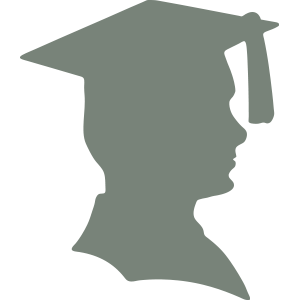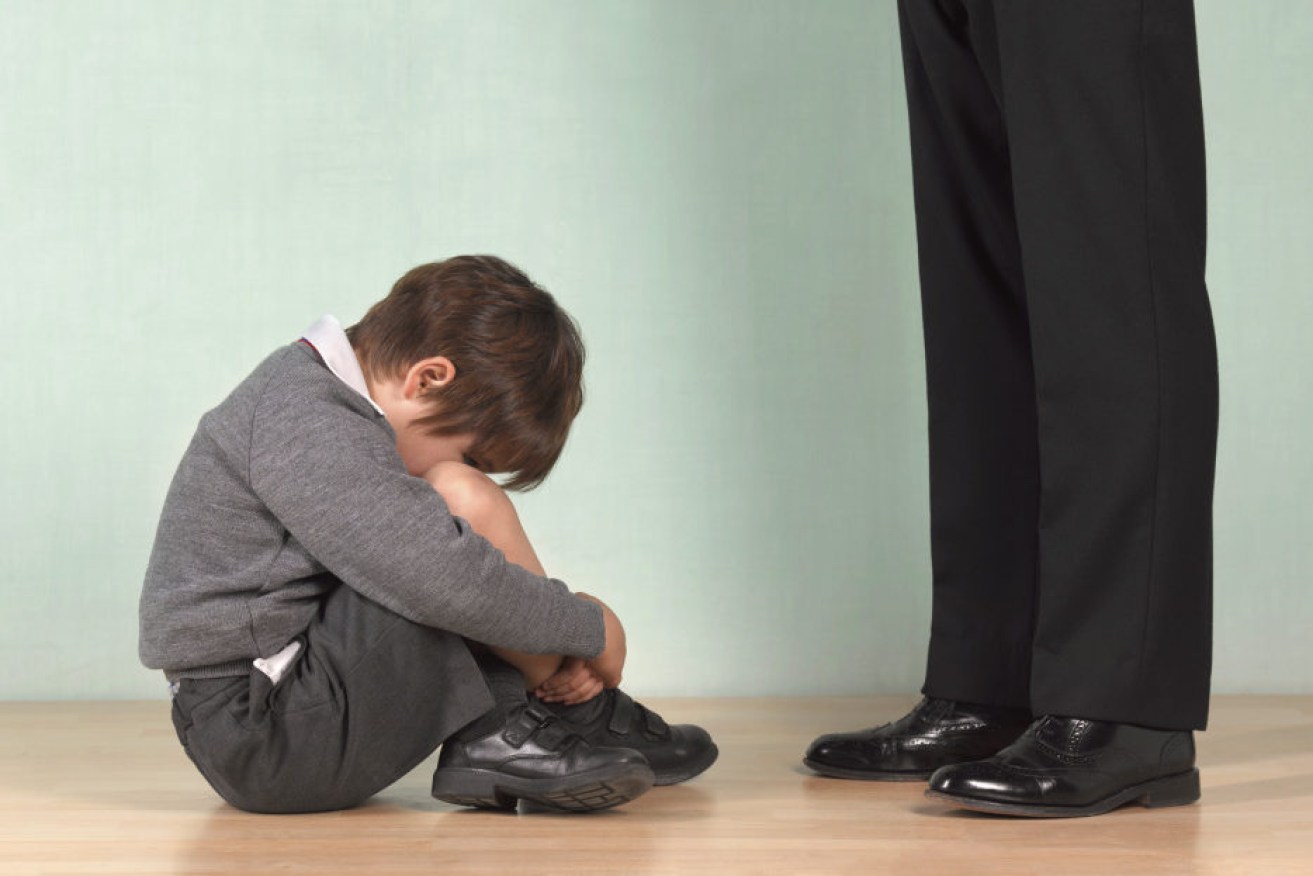Our carrot-and-stick schooling system harms children. NAPLAN makes it worse


Schooling, as distinct from education, is control-oriented, carrot-and-stick training. Photo: Getty
“What do you think?” I ask the boy.
“I don’t know”, he says.
“Just have a go”.
“I’m trying to think”. He falls silent.
“I don’t know what I think”.
I work with students who’ve given up believing in themselves.
The older the student, the longer it takes for them to rebuild confidence in what they think. That is, about anything classified as “schoolwork”. Can’t shut them up about the footy.
“When do you first recall thinking you had nothing worth saying?”
“I don’t know”.
“OK, let’s go back to the beginning. Do you remember back to prep? How was it then?”
“What about year one – did you feel OK about saying what you thought?”
“I think so. But in year two …”
And the story unfolds – of lost confidence, disappointment, shame and self-blame. After an experience like that, the more you try to think, the further you fall into heart-pumping blankness.
The difference between education and schooling
While a child’s confidence can be swept away in an instant, it can take months or years to recover, and often never fully.
Repeated severe anxiety rewires our brains.
Some children with school-induced anxiety leave school at 15, barely literate. It should be classed as criminal neglect of children’s potential, or at the very least cruel and unusual punishment.
Here, I want to highlight a stark difference. Education is the drawing out of learners’ potential. Schooling, in comparison, is control-oriented training through reward and punishment.
Actual education is a joy to experience and a joy to witness. It happens in homes, preschools, progressive schools, and tertiary settings that support growth.
But too many children experience schooling as a systematic draining of confidence, motivation and pleasure in learning.
And, for many, it begins in their first year. The children blame themselves; the system gets off scot-free.
Of course, most teachers do their best to look after children’s needs.
“The school system” does not equal “teachers”.
But, despite the best intentions of teachers, schools run largely by inertia. Social scientist Pierre Bourdieu says schooling reproduces itself according to a pattern.
Imagine 20 preps on their first day at school. What prior experiences has each child brought with them?
Some, for example, may never have visited a museum or a beach, or owned a book. Others visit museums weekly, know how to read, write and do sums, and have travelled widely.
Bourdieu calls such experience “cultural capital”.
It can give young children a decisive leg up the social ladder. Right from prep, the gap between the haves and have-nots of cultural capital can be equivalent to three years of schooling and much more besides.
Schooling can widen the gap between haves and have-nots
What would education – the drawing out of potential – do with the 20 preps? It would do its best to provide cultural capital for them all, ensuring that everyone wins.
The gap between the haves and have-nots would narrow.
Schooling, says the evidence, does the opposite – the further children go, the wider the gap.
Don’t get me wrong. Of course, different children have different innate talents. My point is that innate gifts are not related to class of origin. Look at Donald Trump and Abraham Lincoln.
Historically, the elite private schools trained the upper classes. In comparison, the state system produced obedient citizens for factories and battlefields. The classist division remains. Why? Because it suits the privileged few.
How schooling works is seen as “just the way things are”.
Typically, we’re unaware of it as a system that prevents many children from realising their potential.
Schooling typically treats the haves as “bright”, “quick” “winners” – that is, as “naturally gifted”. The have-nots are treated as “dull”, “slow” “losers”. The comparison could not be more toxic.
The children, of course, don’t know what is being done to them. They blame themselves for what they perceive as their shortcomings. This is where the corrosive “lifters and leaners” rhetoric comes from.
Once at school, the haves are provided with enrichment activities – essentially, the year-one syllabus. They get lots of attention, and their confidence, motivation, and joy in learning soar.
In year one, they master the year-two syllabus. And so it goes. By the end of primary school, the haves are three or more years ahead of their less fortunate peers.
Secondary school, with its more challenging curriculum, only exacerbates the problem.
The have-nots, realising they can’t do what the others can, blame themselves for being “dumb”.
They lose confidence and motivation and begin to dread learning. Some become withdrawn. Others, understandably, act out their frustrations – the so-called “problem” students.
How NAPLAN makes things worse
But children are not the problem. School is the problem.
Every year, despite teachers’ best intentions, the gap widens as the have-nots become more discouraged and frustrated and their sense of self-worth as learners plummets.
Standardised testing such as NAPLAN makes things worse. How could it not when it is arbitrarily comparing have-nots with haves?
What is to be done? The schooling system has seamlessly reproduced itself for centuries.
Awareness is the first step. See the beast for what it is. Teachers can be among the last to wake up.
Why? The system has been good to them. As the typical teacher sees it, she worked hard, and the system rewarded her. What’s there to criticise?
The least fortunate students, on the other hand, may have endured years of low self-esteem, lost learning potential, self-blame, anxiety and depression.
Yet it is no one’s fault and there is no conscious malicious intent.
But as I’ve mentioned elsewhere, the male conservative class prefers things as they are. “I made it by talent and hard work”, it says. “My success had nothing to do with Dad being on the board”.
I’ve worked with many students from elite schools. Some had as many tutors as they had school subjects. So much for natural talent. Too much cultural capital, on the other hand, is never enough.
When does a child start to believe they have nothing of value to say?
When they are measured – and found wanting – against peers who, through the luck of the draw, inherited cultural capital in spades.
For the children whose parents have little cultural capital to offer, a truly educational system would do its best to provide it. As an agent of social control and separation, schooling does not.
Of course, the answer is to provide free universal early-childhood education. But we know who doesn’t want that.
In the meantime, every parent has the right to demand true education, not schooling, for their child.
A L Jones, PhD, is a psychologist, writer and educator with academic specialties in educational and gender psychology. Jones is a series editor at Lexington Books and spent 15 years as a teacher educator at Deakin University








